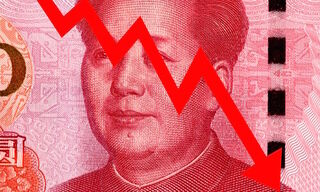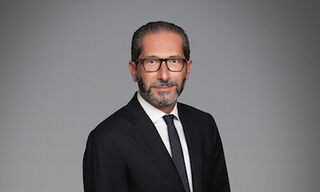Julius Baer was shellshocked by the departure of its charismatic chief executive. As shareholders sent the stock sharply lower, the Swiss private bank will have to look at how to fill Boris Collardi's very big shoes.
The Swiss private bank's CEO, Boris Collardi, had his management team scrambling this weekend, when it emerged that he would be leaving to become a partner at privately-held Pictet.
The loss of Collardi, who has defined modern-day Julius Baer is a hefty blow for the bank – and one which investors met by sending the shares more than 4 percent lower. To be sure, his departure sets a September plan into motion, vaulting veteran banker Bernhard Hodler (pictured below) into the CEO spot overnight.

It is hard to overstate the gap that the CEO, who told staff this morning in a personal note detailing personal reasons for the move, leaves behind.
Restive, Fast-Moving
Under Collardi, Julius Baer advanced to Swiss banking's consolidator, concluding a series of deals including Merrill Lynch's international private bank two years ago. Last fall, after years of pouring money into expanding in Asia, the Middle East and Latin American, Julius Baer was within striking distance of 400 billion Swiss francs in assets.
Much of this is down to Collardi's restive ways, the side effect of which led finews.asia to compare him to powerful Real Madrid boss Florentino Perez. Today, Julius Baer is a fast-moving bank which is tailored for this dynamism. That raises several key questions for its new leadership:
1. Sauter Must Step Up
Collardi's independent ways mean he is the bank's figurehead – allowing Julius Baer's board led by Daniel Sauter (pictured below) to disappear into the background. The body was regularly confronted with accusations of being too permissive with Collardi – especially at bonus time.

The CEO's sudden exit means the board, which serendipitously named Hodler deputy boss two months ago, has a chance to prove the detractors wrong. Holder is 58 – in the privileged world of private banking, this is nearly retirement age. Succession planning for after his tenure is just one place the board has a chance to show it isn't as quiescent as it has at times appeared.
- Page 1 of 3
- Next >>


























